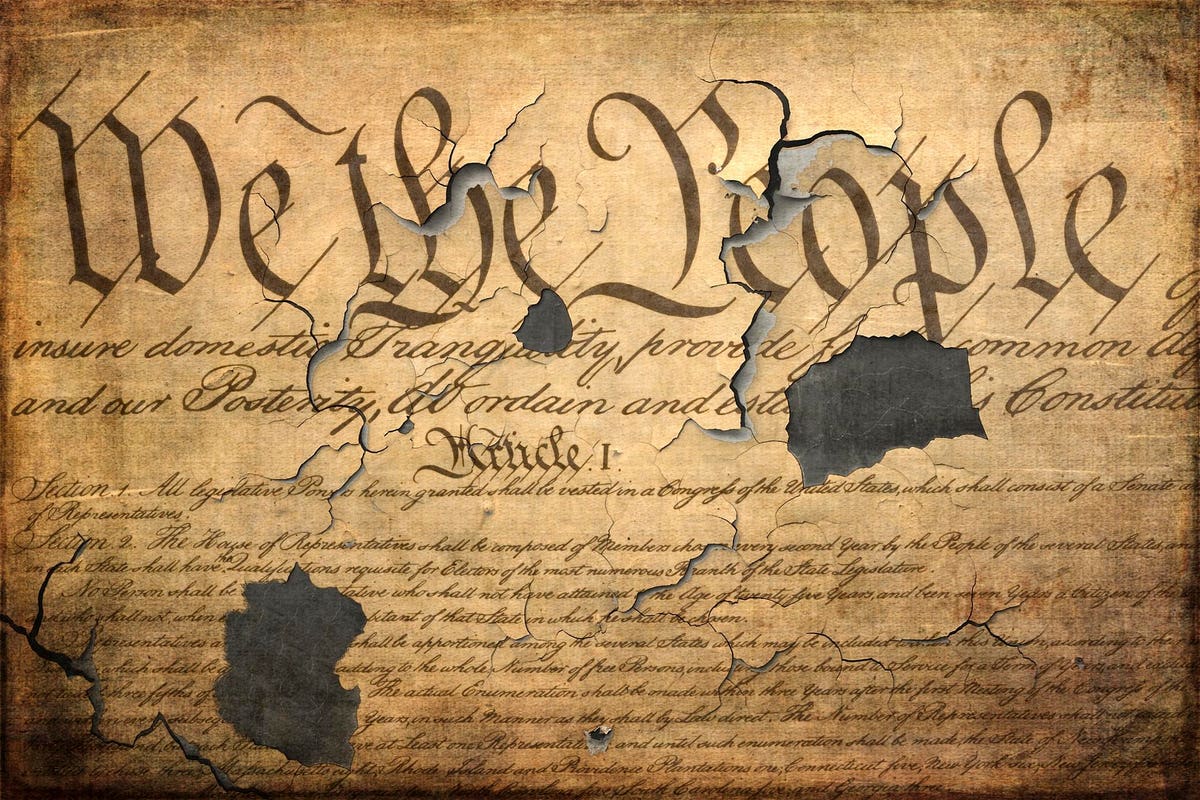This week we celebrate our nation’s independence in the shadow of recent decisions from The Supreme Court regarding college access and affordability. This moment demands that we acutely consider the rights of “life, liberty, and the pursuit of happiness.” While we all are created equally, our nation’s complicated history has made the ability to access these rights anything but equitable. This is especially true in college admission where our government’s commitment to protecting unalienable rights has been questioned with the decision to abolish race-conscious admission as unconstitutional. Much has been and will be written and debated about the ramifications of this decision on both educational communities and the students who aspire to join them. The discussion will continue about what colleges can and cannot ask in their application process and what tools for creating a diverse campus have been stripped away. It is germane, however, to articulate what in college admission is unalienable for students and cannot be taken or given away.
Identity: How did something so personal become so political? Despite the efforts of our judicial and legislative leaders to dictate how and when identity is shared, who you are is who you are and this cannot be wiped away. Do not relinquish how you define yourself for any person or institution. Identity is complicated and personal. One individual might hold their race or ethnicity as central to who they are, and another may feel that their gender, sexuality, religion, ability, or upbringing is at the core of how they show up in the world. You get to decide and then share (or not) as you wish. What is done with the information you communicate remains to be seen, but don’t compromise your right to who you are.
Agency: When a governing body like the Supreme Court makes a ruling, it can lead to some people feeling defeated, powerless, and undervalued. As individuals, we might feel robbed of control. When applying to college, often students already doubt the influence they have over the process. You are still in charge, so exercise this agency and be sure your story is known. Make the application work for you and highlight your strengths, interests, and experiences. This can be done in interviews, through essays, by who you choose to write recommendations, and by the ways you show how you spend your time.
Aspiration: A decision as we have seen with race-conscious admission can send the message that opportunities are limited to a select few and that others “need not apply.” This is absolutely not the case. Colleges and universities are eager to enroll diverse classes that will simultaneously expand access and enrich the educational experience for everyone. If you have any doubt, read the many statements (including this release from Harvard, one of the schools at the center of the case) that colleges released in response to the ruling. Your right to dream big and to work to achieve your goals cannot be taken away. Keep your eyes on what matters and do not be deterred.
Community: Where do you come from, where do you want to go, and who do you want to be surrounded by on the way and once you get there? These are the questions that colleges want answered. How you define community is unique to you. Who supports you? Who challenges you? Who is on your team? You get to decide the type of community that you want to join in college so don’t relinquish this choice.
These rights and truths might not always seem “self-evident” to college applicants at what can be a time of uncertainty and self-doubt. These are, however, unalienable rights that students should feel empowered to declare and depend upon. The Supreme Court and institutions of higher education can argue over policy and practice, but neither can change who you are, what you value, and how you apply that to your life and liberty.
Read the full article here





